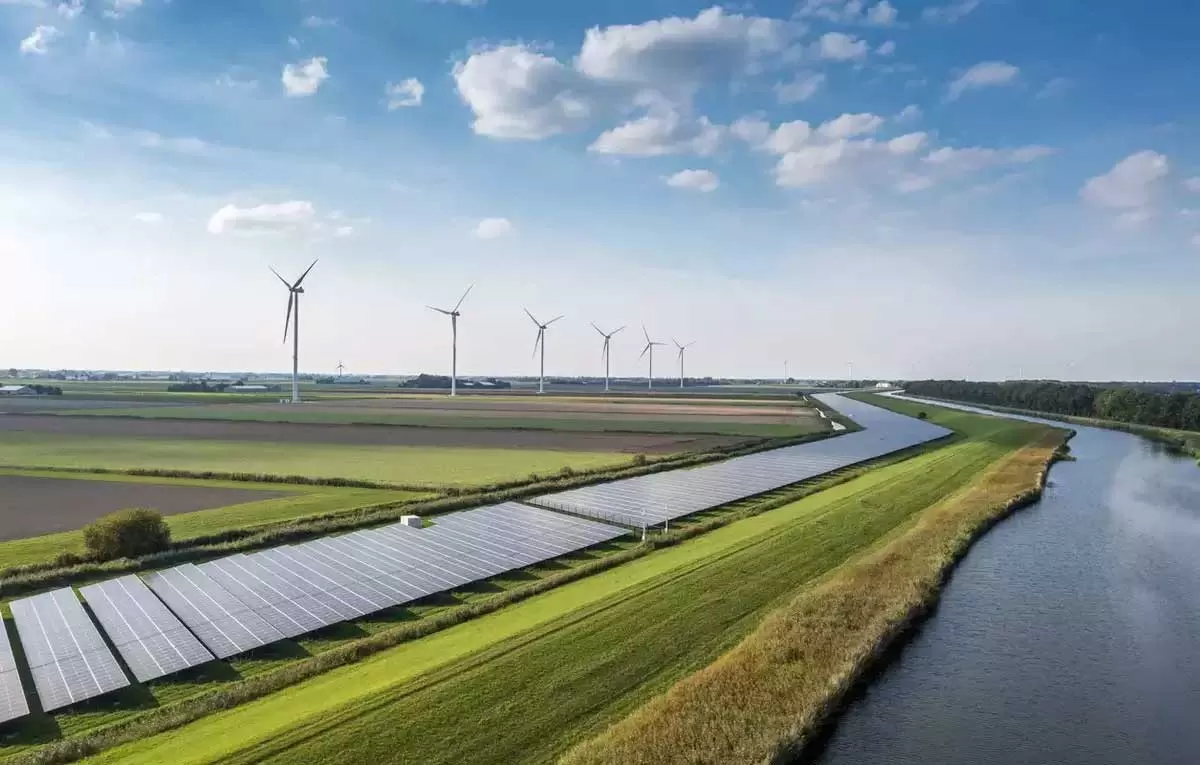The Goods and Services Tax (GST) Council, on Sunday, has been cut down tax rates on under construction housing properties from the existing 12 per cent to 5 per cent without input tax credit. Besides, the council has also slashed down GST rates on affordable housing to 1 per cent from 8 per cent.
Up until, 12 per cent GST had been levied on payments made for under-construction property or ready-to-move-in flats, where a completion certificate had not been issued at the time of sale. Also, there had been a 33 per cent abatement on the tax (at 12 per cent) levied. The abatement is allowed because the cost of house also includes the cost of land. Thus, the GST rate on affordable housing is 8 per cent. However, GST is reportedly not levied on buyers of real estate properties for which the completion certificate has been issued at the time of sale.
That said, the new rates are expected to be applicable for all new housing projects except those that are classified as affordable housing from April 1, 2019. Also, the Council has reportedly made changes in the definition of affordable housing carpet area and cost such as properties costing up to Rs 4.5 million are expected to be considered as affordable; whereas houses with a carpet area of 90 sq m and 60 sq m in metro and non-metro cities, respectively, will also fall under the affordable housing category.
According to Rahul Prithiani, Director, CRISIL Research, “Over the past two years, preference for completed projects has been clearly visible because of the additional GST burden and execution risks associated with under construction properties. With the RERA framework evolving and GST reduced, end-user confidence towards under construction properties will improve. This should also gradually improve volume growth and liquidity of cash-starved developers. Overall, the announcement would be neutral for developers.”
Applauding the move, Sanjay Dutt, Chairman, FICCI Real Estate Committee, and Managing Director and CEO, Tata Housing and Tata Realty and Infrastructure said, “Customers needed this relief. It will help unlock the value from under construction projects, which is critical to restore confidence in developers as much as customers. However, the input tax credit is critical for the developers. The government should reconsider this aspect. Besides, the affordable segment will gain the much-needed focus with this policy.”
Rajeev Piramal, Co-Chairman, FICCI Real Estate Committee and Vice Chairman and Managing Director, Peninsula Land said, “It is a win-win situation for both the developers and home buyers. The government’s decision on expanding the scope of affordable housing is in sync with its vision of Housing for All by 2022. We believe this move will encourage home buyer’s sentiments, and will significantly boost the demand for affordable homes.”
“This is a huge relief for home buyers and the developers alike. The reduction in GST on under construction residential projects will further give the much-needed boost to the industry. Having a standard tax will surely help the developers to save cost and achieve economies of scale at various levels and help them to pass benefit to the consumers,” added Anshuman Magazine, Chairman & CEO, India, South East Asia, Middle East and Africa, CBRE.
Commenting further, Dr Niranjan Hiranandani, Founder & Managing Director, Hiranandani Group, and National President, National Real Estate Development Council said, “It is a positive move, which brings a big relief to the home buyers, and helps to narrow down the demand mismatch gap. This announcement gives an impetus to the affordable housing and enthuse home buyers to close the sale deals. However, the GST rate on cement has not been reduced as was expected, at 28 per cent it remains among the highest taxed inputs for construction, and there will be no input tax credit, so developers will face a challenging time. Also, if the announcement was with an immediate effect, we would have seen sales of residential real estate units in the current financial year. The wef April 1 aspect means we will see a rise in sales figures only in the next financial year.”
Citing it as the most decisive move by the GST Council, Shishir Baijal, Chairman & Managing Director, Knight Frank India said, “This move will give the necessary fillip to the demand in under construction segment, which has been suffering from low sales levels for last many quarters. The elimination of input credit tax benefit may hit profitability for the supply side. However, the potential demand generation as a result of this move will far outweigh any negative aspects leading to greater sales numbers and revenues. We estimate that the reduction in GST can potentially reduce the buyers payout by 6-7 per cent on the overall purchase, depending on the category. The consequent accelerating sales will bring down the unsold inventory which has been afflicting the real estate sector.”
“The Indian real estate industry is now set to leap forward with the revised GST rate and the enhanced ease of doing business,” added Jaxay Shah, President, CREDAI National.
The GST Council on March 10 is expected to decide if small commercial spaces such as shops in residential areas will get the tax benefit. It is also expected to consider if lease premium, FSI transfer and some of the other charges will face GST or not.

















